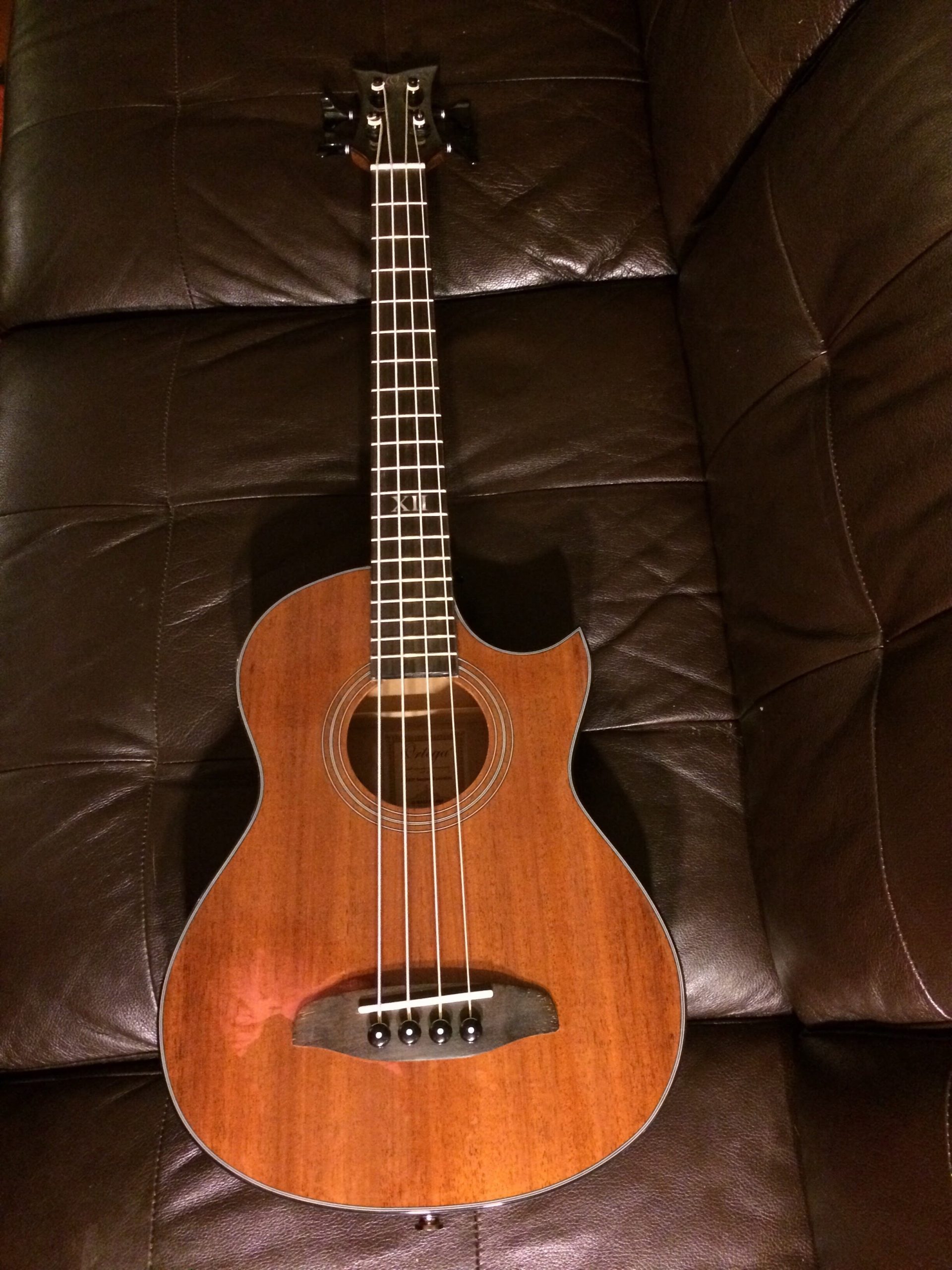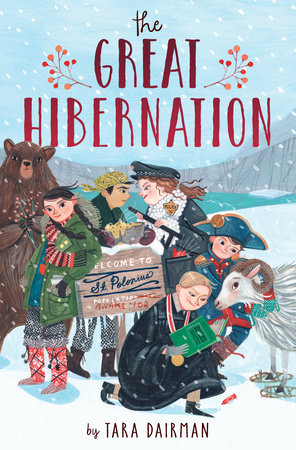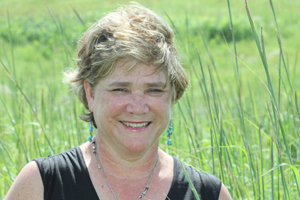Fear is funny. Not funny, really. Maddening, frustrating, debilitating.
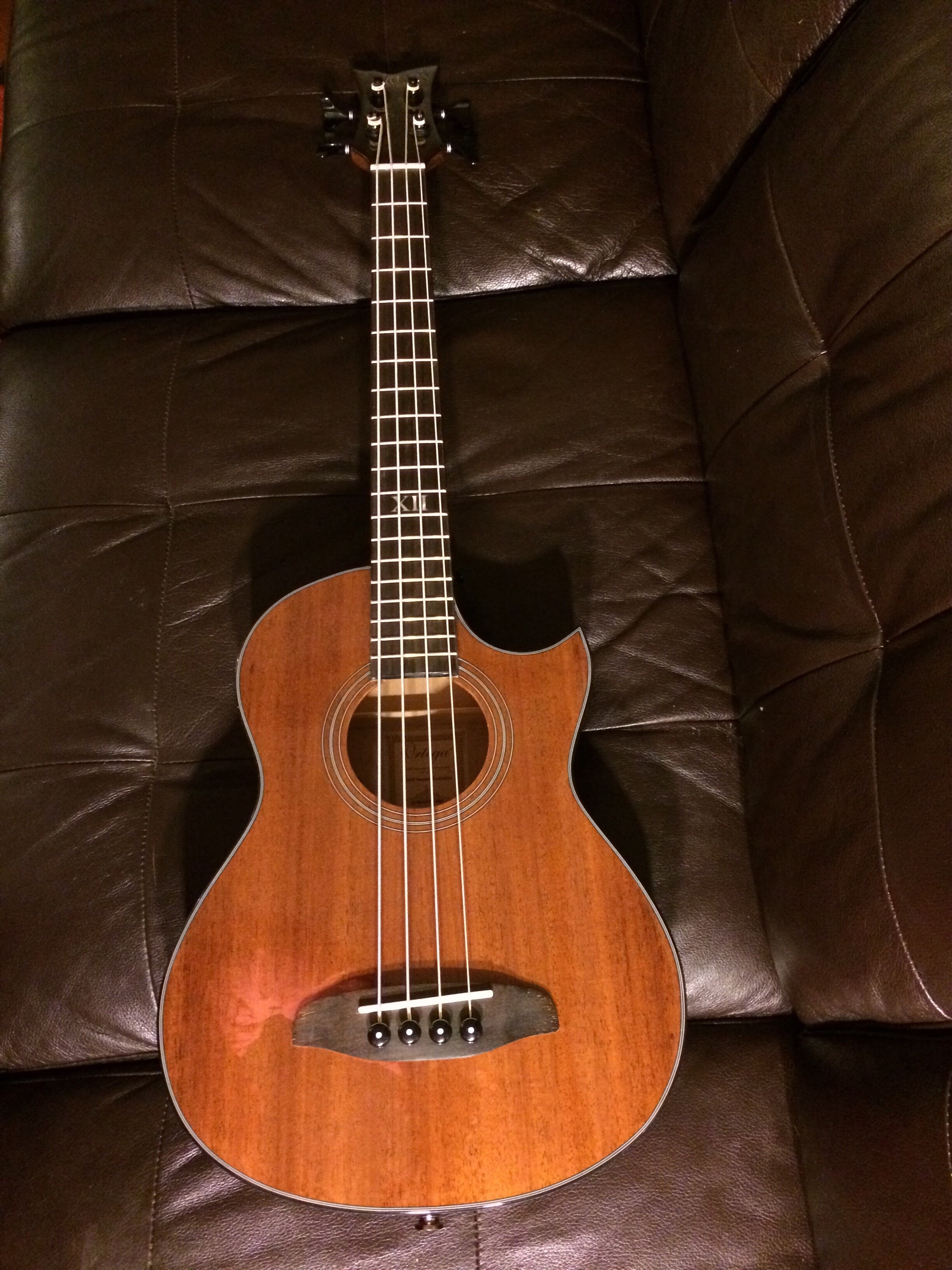 After a busy month or so, I hadn’t had time to practice my bass guitar at all. I wanted to. I missed it. So I took it out of the case and sat it next to my chair so it would be easy to grab whenever I had a few free minutes. And from there it mocked me. I was afraid to pick it up. Afraid I’d forgotten everything. Afraid I would suck.
After a busy month or so, I hadn’t had time to practice my bass guitar at all. I wanted to. I missed it. So I took it out of the case and sat it next to my chair so it would be easy to grab whenever I had a few free minutes. And from there it mocked me. I was afraid to pick it up. Afraid I’d forgotten everything. Afraid I would suck.
Writing is like that, too. I think the writers who advise others to “write every day” do so for this reason most of all. The longer we go without doing something the more room there is for doubt and excuses, so we go even longer without doing it. It’s a vicious cycle that can be difficult to break out of.
Sometimes, the missing doing the thing becomes greater than the fear and overcomes it. Other times, we force ourselves past the fear. We have been here before and can see it for what it is.
I finally picked up the guitar today. I can still play. In fact, I think I played better today than I have in months. It felt joyous, both the ability to make music and the letting go of the fear.
Soon, my schedule will allow me to get back to writing again, too. And I am not afraid. In fact, I’m looking forward to it.
What goals are you avoiding because of fear? Perhaps it’s time to begin.

Unpublished writing
Author interview with Tara Dairman and book #giveaway!
A very happy book birthday to Tara Dairman and her latest middle-grade novel, The Great Hibernation! This story has mystery, politics, coming of age, science, and a healthy dose of girl power, and it’s available NOW from Wendy Lamb Books/Penguin Random House. I loved it, and I highly recommend it!
As a special treat, Tara agreed to do an interview for us today. So, without further ado, let’s hear from Tara!
LAT: What kind of reader do you think this book will appeal to?
TD: A wide variety, I hope! Fans of my All Four Stars series should enjoy the humor and the foodie elements that those books share with The Great Hibernation. But I think that Hibernation will also draw in readers who like mystery, zany/madcap adventure, and a bit of political content, too. Plus, I just have to say, my mom really likes it. She pretty much told me it’s her favorite of all my books. 🙂
LAT: It’s so hard to pick a favorite, but I also really loved this one. How did you first become interested in writing The Great Hibernation? What were your incentives for sticking with it?
TD: I first got the idea in 2013… from a dream! In the dream, two kids were out in freezing open water in a tiny boat, trying to flag down a bigger boat to help them because something had gone terribly wrong back on shore in their town. When I woke up, I knew I had to find out who those kids were and what had gone wrong. (And that dream inspired one of my favorite scenes in the whole book.)
LAT: I remember that scene! There are some great details and observations in that one, as well as others. It seems like a ton of research must have gone into this book to get those details right. Can you tell us about that? How was that different from previous books? Do you think you’ll get to reuse any of that research in future stories?
TD: Working on The Great Hibernation did give me an opportunity to research a lot of fun topics, from sheep farming to Thai cuisine to liver function. I was lucky to have some expert beta and sensitivity readers look at the manuscript and answer my questions at various points to that I could make those details as authentic as possible. As for the small town of St. Polonius-on-the-Fjord (where the book is set), it’s loosely inspired by the northern coast of Iceland. I had the pleasure of traveling through that area a few years ago, so when I was drafting, I did have a sharp picture in my head of what the town and its environs would look like.
TD: I kind of doubt I’ll ever get to reuse any of my research, but if I write another book in which a sheep needs to go down a staircase… well, I know now that he can. (With a little help!)
LAT: Were there any surprises or stumbling blocks along the way to the finished draft? How did you end up dealing with that?
TD: I struggled to get the opening chapter right for this book. There’s a lot of information and backstory to convey, plus a lot of characters to introduce, and of course I didn’t want things to feel info-dumpy. I started over from scratch several times—and then, after I sold the book for publication, I threw the whole first chapter out and rewrote it all over again. Luckily, my beta readers, editors, and I all really loved the final version, so I got there in the end!
LAT: Oh, I can certainly relate to that! Persistence is the key, right? To that point, though, how do you decide when a book is “done” and ready to send to your agent?
TD: When I literally cannot fathom looking at it for a single second more. 🙂 (That is usually after I’ve done at least two major revisions on my own based on critique partner feedback, though. My agent never sees my earliest drafts!)

LAT: I think every book teaches us something new, about the world, about ourselves, or about the craft of writing. What have you learned as a result of writing this particular book?
TD: I’ve learned that, just because a book doesn’t pitch well, that doesn’t mean it’s not going to be a good book. My agent and I originally tried to sell this book on proposal, and the feedback we got from editors was that they liked the sample chapters but thought that the proposed plot sounded… well, a little crazy. It turned out I just had to write the whole book for them to see that I could pull the crazy plot off.
LAT: Wow! It sounds like you took quite a leap of faith with this one. (And I’m so glad you did!) Was that your toughest moment on the path to publication or were there others, and how did you make it over that hurdle?
TD: I’d still say that finishing the first draft of my first book (All Four Stars) was the hardest thing I’ve ever done, because I didn’t know what I was doing. I’d dreamed of being a novelist since childhood, but until I actually finished writing a book, I didn’t know whether I could do it or not! And that one little book took me years upon years. Writing “the end,” though—definitely one of the best moments of my life.
LAT: What tricks have you learned for balancing your writing time with the demands of keeping up with the industry, promoting existing work, taking care of your home and family, personal recreation and self-care, etc.?
TD: Oy vey. I’m still learning! I have bad days and better days. What I have learned over the last few years is that “balance” is going to look different depending on the month, the week, the day. There are going to be stretches when I’m writing almost every day and really in that creative zone. And there are going to be stretches when a book release is looming, or a new baby is getting born, and I don’t do any creative work at all for weeks or months. And that’s okay! I’m not a great multitasker anyway, so I’d rather really focus on whatever is calling to me most in the moment—which is a privilege that I know not every author can afford.
TD: In short, I guess I’d say that balance has become a long game for me, rather than something I’m able to accomplish on a daily basis.
LAT: Excellent advice. I suspect that knowing it’s a long game is the #1 secret to finding that ever-elusive “balance.” So, what are you working on right now?
TD: I do have a middle-grade WIP that I’m hoping to get back to once The Great Hibernation is properly launched into the world. But I’m also having a baby in November, so once he or she arrives, my focus will likely be off writing for at least a few months.
LAT: Congratulations! I’m definitely looking forward to hearing more about that adventure (and seeing pictures)!!
LAT: Before I let you go, what do you wish I would’ve asked you that I didn’t, and why?
TD: I wish you’d asked me “What are some of your other favorite recent middle-grade books?” There are SO many good ones out this year! My answer would be:
- Contemporary: Saturdays with Hitchcock by Ellen Wittlinger
- Nonfiction: Poison by Sarah Albee; Two Truths and a Lie: It’s Alive! by Laurie Ann Thompson and Ammi-Joan Paquette
- Mystery: The World’s Greatest Detective by Caroline Carlson
- Humor: This is Just a Test by Wendy Wan-Long Shang and Madelyn Rosenberg
- Historical: Bobby Lee Claremont and the Criminal Element by Jeannie Mobley; The Last Grand Adventure by Rebecca Behrens (coming 3/18)
- Fantasy: The Changelings and In a Dark Land by Christina Soontornvat
TD: I could go on and on, but I’ll stop myself there!
LAT: Thanks for the shout-out for Two Truths and a Lie: It’s Alive!, Tara. (I swear, I did NOT put her up to that!) And thank you so much for visiting today and answering all of my questions. I’ll be recommending The Great Hibernation far and wide, and I wish you much continuing success in ALL of your endeavors!
Find out more about The Great Hibernation by Tara Dairman here. And leave a comment below for a chance to win your own copy!
UPDATE: The giveaway winner is JennaO! Congratulations, JennaO!!
Upcoming appearance: Nonfiction Writing Workshop for Tweens
I’m busy doing lots of private talks and appearances at schools and conferences this spring, but here’s one that is open to the public (especially tweens)!

On April 20, I’ll be presenting a workshop on nonfiction writing for tweens (ages 8–12) in Bothell, WA. Here’s the description:
Where do you find ideas and how do you decide what to write about? How do you get from there to the finished product? This workshop, presented by award-winning nonfiction author Laurie Ann Thompson, will answer those questions and more! Thompson will explain the process of writing compelling nonfiction, including research, planning, drafting, revising and editing. The presentation will be interactive and all participants will have a chance to craft an engaging nonfiction piece of their own.
For more information and to register, please visit the King County Library System’s event page. I hope I’ll see you there!
The writing process blog tour is here!
You may have seen this meme going around on various author and/or illustrator blogs where people answer questions about their writing process. I’ve been enjoying reading other people’s answers and learning from their thoughts about process, so when I was tagged by my talented author/illustrator friend, Jennifer K. Mann, I decided to add a post about my process here. Enjoy!

Jenn has been on a roll lately! Her first illustrated book, TURKEY TOT, written by George Shannon, just came out last October. TWO SPECKLED EGGS, her first author/illustrator debut, just came out in April. And she’s just finishing up the final art for I DEFINITELY WILL NEVER GET A STAR ON MRS BENSON’S BLACKBOARD, which will come out next year. You can read about Jenn’s writing and illustrating process here. Thanks for tagging me, Jenn! Let the Q&A begin…
Creativity Lost… and Found!
You know how if you keep doing what you’ve been doing you’ll keep getting what you’ve been getting? Well, today I decided to try something different. I shrunk my manuscript (with the gaping hole in the middle) and my research notes so that they’d fit on one page each, I grabbed a pencil, and I went for a walk.
Wouldn’t you know it, my creativity was hiding in the woods! I found her right about here:

Once I found her, the manuscript practically wrote itself. And I got to walk (hooray, exercise!) in the sunshine.
We even stopped to make a few new friends on the way home…
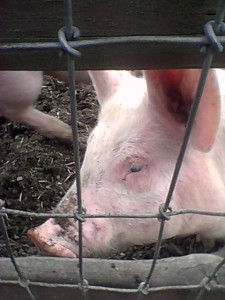
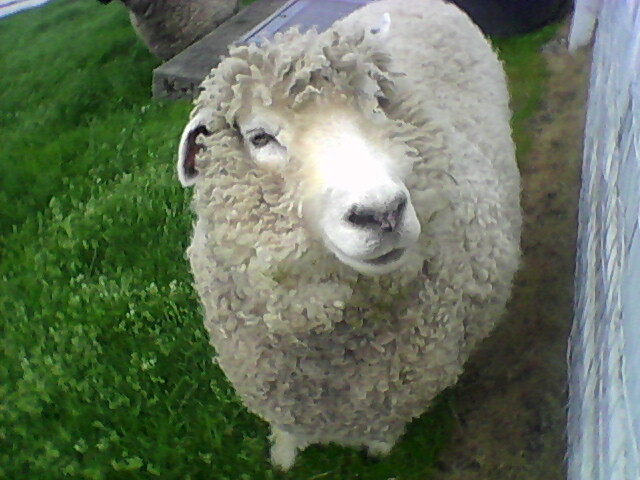
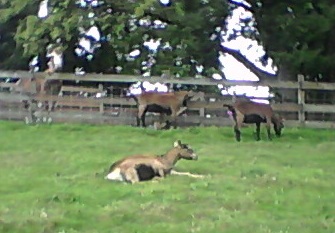
Interview: Darcy Pattison on Writing WISDOM
Last week I posted this review of Darcy Pattison’s moving new picture book, WISDOM, THE MIDWAY ALBATROSS. Today, Darcy stops by to discuss it!
LT: Hi, Darcy! I’m so excited to have you visit. Can you tell me how you first become interested in writing about Wisdom?
DP: I have been interested in writing more nature/science related books, so a couple times a month, I read the Fish and Wildlife Service blog at http://www.fws.gov/news/blog/, just trolling for topics. After the earthquake and tsunami last year, I saw information on the oldest wild bird in the world, who survived the tsunami and had to learn more.
LT: Although you’re traditionally published many times over, this book is published by your own independent publishing company. Congratulations on what must have been a huge effort to pull everything together! Can you talk about your decision to go that route with this book?
DP: I created the Mims House publisher to address timely stories like that of Wisdom. Traditional publishers work on a very long lead time, often taking two or three or four years to bring a picture book to the marketplace. With print-on-demand technology, I can do it much quicker. For marketing, I can shout very loud online, ‘Read all about it.’ Traditional publishers will always hold the lion’s share of the marketplace, but there’s also room for niche publishers, supported by new technologies.
LT: Can you tell us about Kitty Harvill’s illustration process? How did she capture Wisdom in her art?
DP: The Fish and Wildlife service makes photos available as public domain material at http://digitalmedia.fws.gov/, so it was very easy to find images for Kitty to use as photo references as she did her watercolors.
LT: I think every book teaches us something new, about the world, about ourselves, or about the craft of writing. What have you learned as a result of writing this book? What surprised you the most during the process?
DP: I was totally surprised that birds could still be laying eggs at the age of 61. But Wisdom just laid a new egg in December, 2011.
LT: Are there any tips you would like to share with aspiring children’s book writers, especially those writing nonfiction for kids?
DP: Talk to the source. When I realized I wanted to write about Wisdom, I went directly to the biologist who lives and works on Midway Atoll, Pete Leary. He was invaluable in giving me information and vetting the manuscript. The other tip is to dig deeper. This story is exciting partly because of Wisdom’s longevity. I did a timeline of her life and times to understand what she has lived through. If I had only told the story of the tsunami, it wouldn’t have been as powerful as the story of over 60 years of survival.
LT: I’ve always said that I will know I’ve made it when I receive one letter from one child saying that something I wrote made a positive difference in his or her life. How do you define success? Do you feel
like you’ve achieved it? If not, what’s left on your to-do list?
DP: I have loved every part of Wisdom’s story and chronicling it for children. I take it one project at a time, and if I can say that I did the best job possible, then I am happy. On my to-do list? Finding more equally stirring tales about nature.
LT: What are you working on now?
DP: My new book, DESERT BATHS (Sylvan Dell) comes out in August 2012. It’s a story about how desert animals take a bath–lots of fun!
LT: What would you most like people to know about you?
DP: I love to write.
LT: And it shows! It’s always inspiring and helpful to get a “peak behind the curtain” of the writers I admire. Thanks again, Darcy!
And, if you’d like to read an interview with the illustrator of WISDOM, Kitty Harvill, please click on over to this post at Archimedes Notebook.
Interview with author Kelly Milner Halls
A few weeks ago, I posted this review of Kelly Milner Halls’ most recent book, IN SEARCH OF SASQUATCH. Kelly was kind enough to follow up that review with an incredible interview about the book and her writing career. Please help me welcome author Kelly Milner Halls!
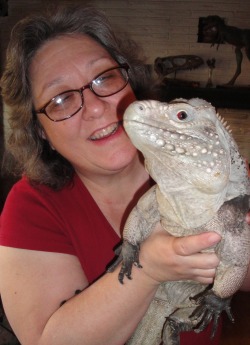
LT: Hi Kelly, and thank for coming! I guess I have to start with the obvious, though I’m fairly confident I know the answer from reading the book: Do you believe in Sasquatch?
KMH: I do not believe, 100%, that Sasquatch is real. I tend to be skeptical by nature—the journalist in me. But I believe there are some very convincing bits of evidence that suggest SOMETHING is out there—an animal we haven’t yet defined and don’t really understand. Too many reliable people have witnessed too many amazing things to ignore them.
LT: What was/were the hardest things about researching and/or writing this book? How did you deal with that?
KMH: I wanted to be sure my witnesses and experts were serious people, not people who wanted fame or glory. There is nothing wrong with fame or glory, but I wanted people who were fact-centered, so that required some hard work. I think I found good interview subjects to meet that standard. Hope so.
LT: During your research, did anything surprise you, catch you off guard, or make you change your planned course for the book?
KMH: The fact that Scott Nelson believes Sasquatch may have its own language absolutely blew my socks off. His reasoning is so clear and logical, it almost make my head explode. If that’s true, that’s a reason to protect the “maybe” primate.
LT: Did you do all the photo research for the book too? Can you tell us about that process?
KMH: I took a number of the photos, but a wonderful Sasquatch investigator named Paul Graves from Yakima, WA, was extremely generous about sharing his field photographs for the book. He is also a musician who writes Sasquatch songs, and he’s featured in the book. But he was very generous, and I’m grateful.
LT: How do you manage all of your research for a book like this? What’s your organizational system? Does it evolve over the course of a project?
KMH: I keep elaborate, well-backed up computer files about each subject, each topic, each chapter, so I can find my notes with ease. And there are so many notes. I read a dozen books, did more than two dozen interviews and collected dozens of images for this book. It was hard but amazing work. It’s what I love to do.
LT: How have your research and writing processes evolved over the course of your career?
KMH: As my children have grown into adulthood, I have been able to travel more to get my information first-hand, rather than on the telephone. Having both field and phone time really adds richness to the books I write and the presentations I give.
LT: How much time did you spend researching this particular book overall, and how long did it take to write the book? Is that typical?
KMH: Most of my books take between three and five years to research, then another year to write. I don’t like to rehash material that already exists. I like to present new information whenever possible and that takes time and effort.
LT: How do you know when a book is “done” and ready to send to your agent or editor?
KMH: The book isn’t even close to done when I send it to my editors or agent. It’s a proposal. It maps out how I see the book once it’s complete and gives us all a place to start. But the book evolves considerably as we work together as a time. I’m selling a concept that will change and improve as we all work on it, and that’s the magic of the editorial process.
LT: Are there any other tips you would like to share with aspiring children’s book writers, especially those writing nonfiction for kids?
KMH: Watch for the topics that YOU find most engaging and consider offering them up to young readers. Your excitement, your sense of wonder will show through every word you write and the kids will feel the human connection. If you are not excited about your topic, that lack of enthusiasm will be just as clear to the young readers. So write about things the excite you. You’ll give the kids a reason to be excited, too.
LT: I think every book teaches us something new, about the world, about ourselves, or about the craft of writing. What have you learned as a result of writing this book? What surprised you the most during the process?
KMH: I have learned that we forget our humanity when it comes to animals at times. But we can also renew it. The more you know about even an unknown creature, the harder it is to simply disregard or disrespect it. It’s like my pet chickens. I can eat grilled chicken without a blink of an eye. I love chicken dinner. But I could never even consider eating my pet chickens. You work harder not to hurt the things you understand well. Knowledge, exploration, is the key to more love, less hate. That is confirmed every time I write a book and share it with kids.
LT: I’ve always said that I will know I’ve made it when I receive one letter from one child saying that something I wrote made a positive difference in his or her life. How do you define success? Do you feel like you’ve achieved it? If not, what’s left on your to-do list?
KMH: I used to yearn for the day when I’d win a major nonfiction book award. Years went by, and it didn’t happen. Then I started meeting kids—many of them boys, but girls too—who loved my books, kids who said I was their favorite author. I started hearing stories about kids who clung to my books like life jackets—kids who drew comfort from MY books, award-winning or not. After that starts to happen regularly, you realize awards are lovely, but the real measure of success are those readers and their ability to feel a little less alone because of something you’ve given them. That’s how I measure success. If I have made your child’s life a little kinder, a little safer, I am the luckiest writer on earth.
LT: What do you like to do when you’re not researching and/or writing?
KMH: I am always writing, so that’s a hard question. I do a LOT of school visits, which I love. I paint, I meet with friends, I work for my friend Chris Crutcher, I walk my dog and take care of my lizard. I sleep now and then, when time permits. : ) Life is crazy busy, but good.
LT: What are you working on now?
KMH: I’m finishing a book on animal rescues for National Geographic called TIGER IN TROUBLE. I’m putting together another YA anthology for Chronicle Books—just got that news yesterday. I am researching the history of video games for a new book project. And I’m going to write a book on ghosts for Millbrook. I have two other proposals under consideration at Houghton Mifflin Harcourt, too, but they aren’t firm yet, so I better not talk about them.
LT: What would you most like people to know about you?
KMH: That I don’t have a mean bone in my body, that I live to make life a little easier and kinder for the people I meet. I’d like them to know that I am exactly who I say I am, with no need for deceit or animus. Life is too short for cruelty and anger. Like the Beatles said, all we REALLY need is love. I hope my humanity shows, even in my quirky works of nonfiction for kids. Kids need love, most of all.
LT: Well, Kelly, I have LOVED interviewing you! Thank you so much for so generously sharing your expertise and heart with us, in your books as well as on this blog.
Stay tuned for an upcoming review of Kelly’s new book, ALIEN INVESTIGATION, coming from Lerner Publishing on April 1, 2012 (no fooling!).
6 Lessons Learned from Doing the Picture Book Marathon
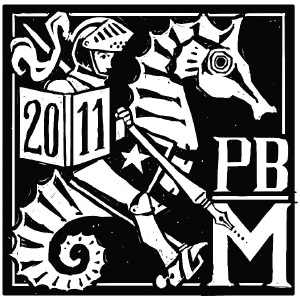
I did it. I wrote 26 brand-new picture-book texts in the 28 days of February! Now that I’ve had some time to relax and reflect, I thought I’d share my thoughts on the experience.
I started out with great gusto, then stumbled in the middle and took a bunch of days off, but managed to sprint to the finish to make up for lost time. I finished the last one with exactly 12 minutes to spare before the clock struck midnight on the very last day. Talk about close. But, still, I did it!
And I am so glad I took on this challenge. Not only do I have 26 bright, shiny new manuscripts (several of which have real potential right out of the gate), but I learned some much-needed lessons along the way. I’d thought I’d document there here for anyone thinking about doing the challenge, for anyone thinking about writing picture books, or for my future self whenever I need a reminder!
5 Lessons I Learned From the Picture Book Marathon:
- PB Marathon Lesson #1: When I set my mind to it, I can be a LOT more productive than I thought I could. I was finding stolen moments in the pick-up line at school, while waiting for kids to get out of lessons, scribbling on receipts at stoplights, etc. I discovered I have been wasting a lot of time on things like self-doubt, thinking I needed a big chunk of uninterrupted time to write, or trying to figure out the whole story before I started writing. I wrote more in this one month than I have in the past year. Yes, I was mostly working on revisions, but still–yipes! We need to keep the creative wheels turning, even when we’re focusing on more analytical tasks. This has unexpected benefits, like…
- PB Marathon Lesson #2: Productivity begets productivity, and procrastination begets procrastination. The more I wrote, the more I felt like writing, AND it carried over into other things as well. I managed to get some long-standing to-do’s around the house done, simply because I felt so supercharged about getting my books written! Typically I wouldn’t let myself tackle those kinds of chores, because I always felt like I should be writing instead. But I often didn’t do the writing because it was so easy to get distracted by little to-do’s and interruptions. So, everything would stagnate. Now that I learned #1, it’s much easier to avoid the downward spiral of #2.
- PB Marathon Lesson #3: As productive and energizing as that month was, it’s important to remember to recharge! I think I crashed in the middle because I was writing every day. It was fine on weekdays, but on the weekends I really needed to get away from my computer and play. Doing that and then feeling behind and rushing to catch up wasn’t helpful either. So, outside of the challenge, I’ll try to be productive every weekday, and I’ll reserve the weekends for resting, reading, and spending time with family.
- PB Marathon Lesson #4: Writing fast and short is the best way to cut to the heart of the story. I tend to overthink book ideas before I ever get to writing the first word. And, if I do start writing, I tend to be research driven and overly wordy (which is the kiss of death for picture books!). So, my first drafts usually read like really bad encyclopedia entries, and then I spend all my revision efforts trying to resuscitate them and bring back the life that inspired me to write about them in the first place. The marathon forced me to just get it out there in all its passionate chaos. It’s much easier, and more successful, to start with a strong heart and add the necessary limbs later than it is to start with a bunch of limbs and try to find a place for the heart! The PB Marathon allowed me to finally get to the core of some big ideas I’ve been thinking about for years but didn’t know how to contain. I think this approach would also help me with longer projects, as a sort of outline/synopsis/summary to keep me on track as I flesh out the details.
- PB Marathon Lesson #5: I need to work on endings! If I could work a circular ending, great. If not, though, all of my endings felt either rushed or drawn out or just plain trite and stupid. Clearly, I need some work here! So, I’m going to be launching a major self-education unit, studying the best of the best picture books and their endings. Maybe I’ll post my discoveries here someday.
- PB Marathon Lesson #6: Finally, the biggest, most important lesson learned: Despite my weakness with endings, I don’t totally suck! Okay, so not all of the 26 are going to end up on anybody’s award list (or even bookshelf), but that’s no surprise to anyone–least of all me. What I wasn’t expecting was to find a handful of real gems. There are several manuscripts in the pile that I love, can’t wait to revise, and know I will happily and confidently submit in the not-too-distant future. And there are quite a few others that are, at the very least, a good idea worth pursuing to see if I can develop it into something solid. Very pleasant surprises indeed, and great confidence boosters besides.
After all those valuable lessons, I would’ve felt like a winner even if I hadn’t completed the 26 manuscripts. The whole experience was definitely worthwhile for me. To my friends and family, thank you for the encouragement and camaraderie: they were a huge help, and I am extremely grateful for your support! To my amazing and wonderful critique group, thanks for welcoming the deluge of new manuscripts coming your way! And to those of you considering the challenge, DO IT! And let me know what YOU learn. 🙂
Halloween Word Challenge 2009!
Kimberly Baker, superfriend and member of the dynamic trio, has challenged me to a war of words. She knows I need a swift kick in the *** to get a first draft down (especially of a fiction novel–gasp!), but she may not know just how competitive I can be. Even if I lose, though, I win, since it’s just the incentive I need to make some good progress before our amazing fall Weekend on the Water retreat in November.
As part of the deal, we’re offering ourselves up for public humiliation… um, I mean, accountability. If you want to cheer us on (or scoff at me for my pathetic attempts), you can follow our progress here.

